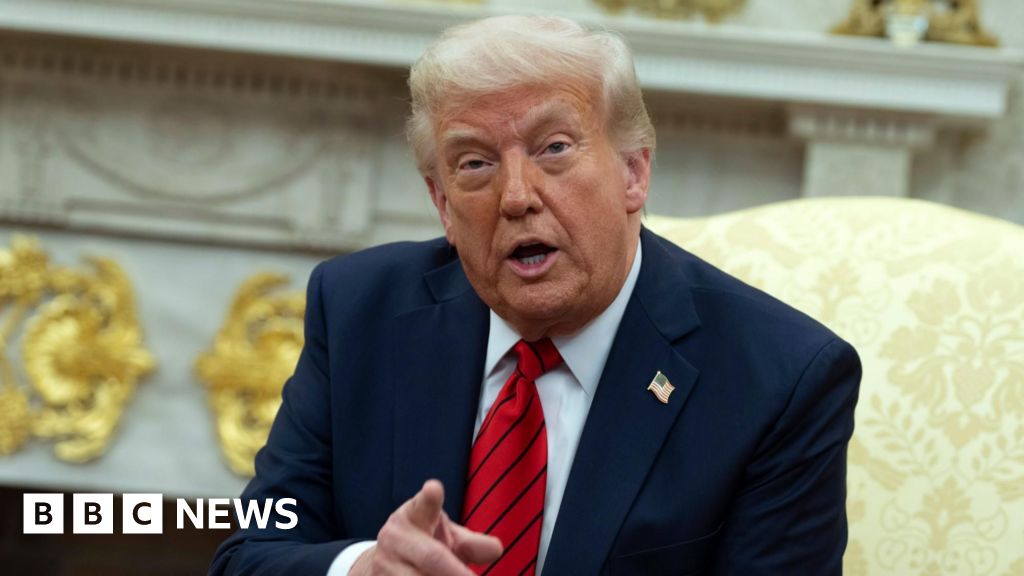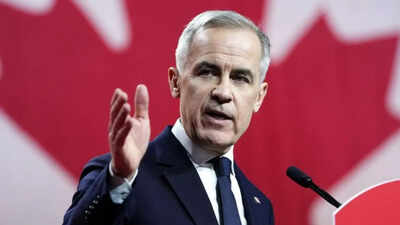Nationwide Protests Against Trump Set to Mobilize Thousands

The United States is bracing for its second round of nationwide protests this coming Saturday, as activists aim to channel growing discontent with President Donald Trump into a significant grassroots movement. The ultimate goal of these protests is to galvanize support that could translate into impactful action at the polls.
Organized by the coalition known as 50501, which symbolizes the objective of staging 50 protests across all 50 states, the event expects to see more than 400 rallies unfold nationwide. This marks the fourth large-scale protest event orchestrated by the group since Trumps inauguration on January 20, 2017. Previous demonstrations included the No Kings Day rally on Presidents Day, February 17, a reference that gained traction after Trump dubbed himself a king in a social media post.
The organizers are ambitiously calling for participation from 11 million individuals, which equates to roughly 3.5% of the U.S. population. Achieving this number would not only surpass the turnout from the Hands Off rallies held on April 5, where approximately 1,200 demonstrations took place to voice opposition against Trumps perceived attacks on government institutions, but would also set a new benchmark for public dissent during his presidency.
The Hands Off events were spearheaded by Indivisible, a progressive movement that aims to convey a strong message to both opposition politicians and the general public that resistance to Trumps policies is paramount. Indivisible has expressed that their mission also includes building momentum for even larger protests in the future.
Heather Dunn, a spokesperson for 50501, emphasized that the primary objective of the upcoming protests is to protect our democracy against the rise of authoritarianism under the Trump administration. She describes the organization as a pro-democracy, pro-constitution, anti-executive overreach, nonviolent grassroots movement, highlighting its nonpartisan nature. Dunn noted that participants hail from various political backgrounds, including registered Democrats, independents, and Republicans, all uniting under the belief that America deserves a fair government prioritizing its citizens over corporate interests.
Scholars who have studied the erosion of democratic norms suggest that protests like these play a crucial role in a broader strategy to combat authoritarianism. Steven Levitsky, a political scientist at Harvard University and co-author of the influential book, How Democracies Die, stated, Oppositions to authoritarian governments have to use multiple channels always. They have to use the courts where those are available, they have to use the ballot box when thats available, and they have to use the streets when necessary. He emphasized that public demonstrations can significantly influence media framing and discourse, which is essential in the fight against authoritarian rule.
In Washington, D.C., protests are set to occur at multiple locations, including outside Vice President JD Vances residence at the Washington Naval Observatory and in Lafayette Square. A march will commence near the George Washington monument, proceeding toward the White House. This particular demonstration aims to support Kilmar brego Garca, a Salvadoran man who was wrongfully deported back to El Salvador from Maryland, despite having U.S. protected status, as confirmed by judicial rulings.



























